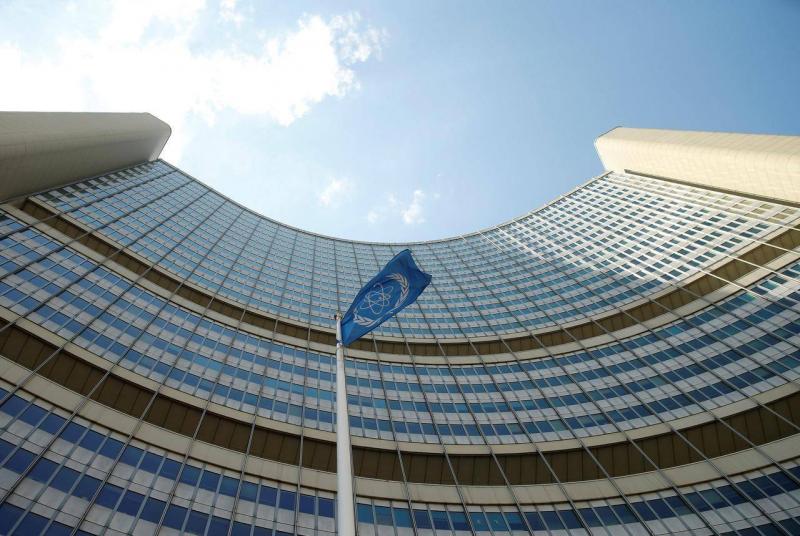The International Atomic Energy Agency (IAEA) confirmed in a statement to member states on Wednesday that its inspectors discovered the loss of approximately 2.5 tons of natural uranium from a site in Libya that is not controlled by the government. Rafael Grossi, the Director General of the United Nations agency, stated in the confidential announcement that the agency's inspectors found this during an inspection that was scheduled for last year "but was postponed due to the security situation in the area," and finally carried out yesterday, Tuesday.
The one-page statement added that "10 cylinders containing nearly 2.5 tons of natural uranium in the form of uranium concentrate that Libya had reported... as stored at the site are not present there." The statement clarified that the agency will conduct "further activities" to determine the circumstances surrounding the removal of the uranium from the unnamed site and its current location.
It warned that "ignorance of the current location of the nuclear material may pose a radiological hazard along with nuclear security concerns," adding that accessing the site requires "complex logistics." Libya, under the leadership of Muammar Gaddafi, abandoned its nuclear weapons program in 2003, which included centrifuges that could enrich uranium as well as information about designing a nuclear bomb, but had not made significant progress toward manufacturing a bomb.
Libya has not seen much stability since the NATO-backed uprising in 2011 that ousted Gaddafi. Since 2014, political control in the country has been divided between competing factions in the east and west. The last major conflict ended in 2020. The interim Libyan government, formed in early 2021 through a UN-supported peace plan, was supposed to remain in place until elections scheduled for December of that year, which have yet to occur, and the legitimacy of this government has become disputed.




